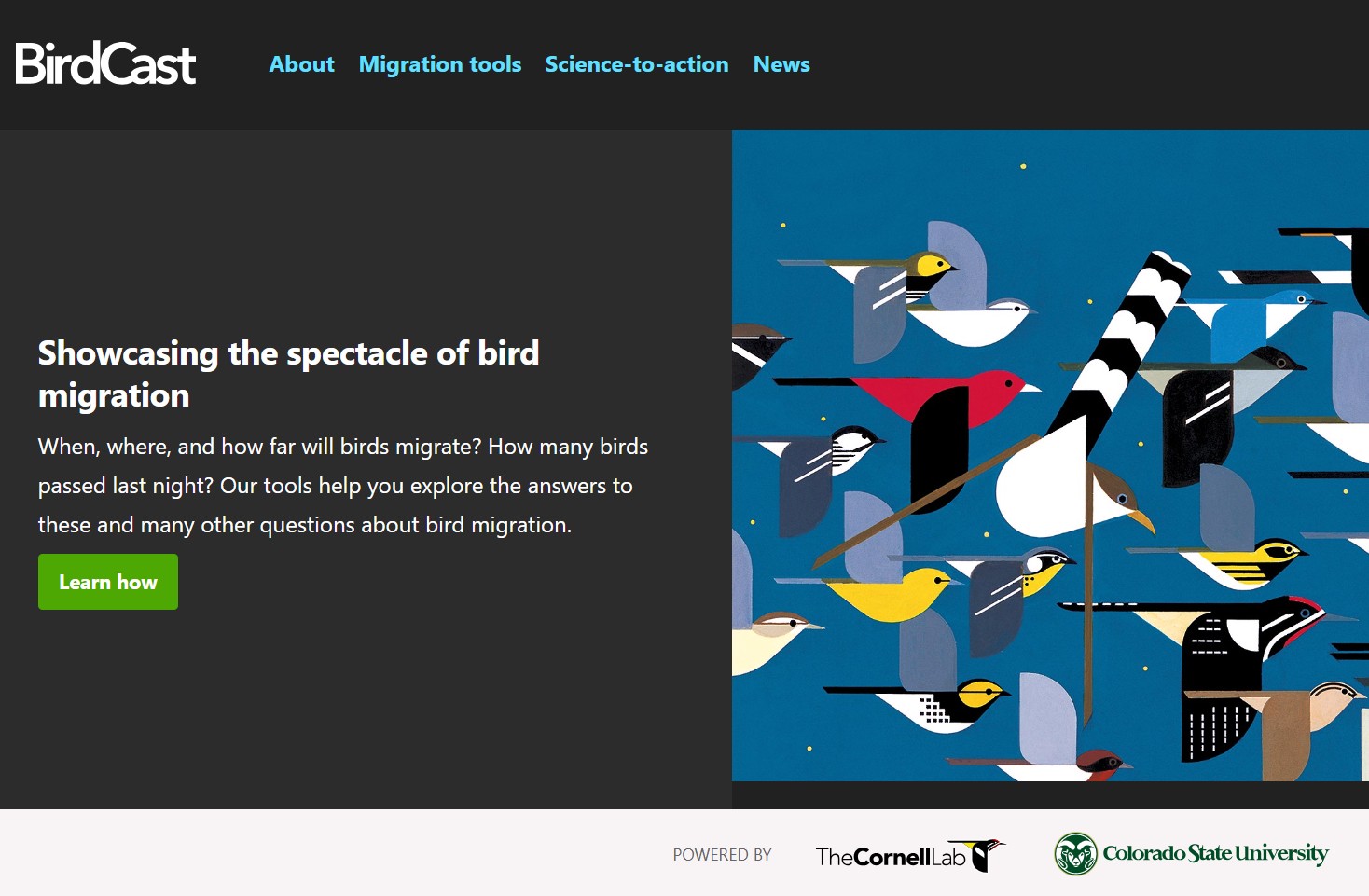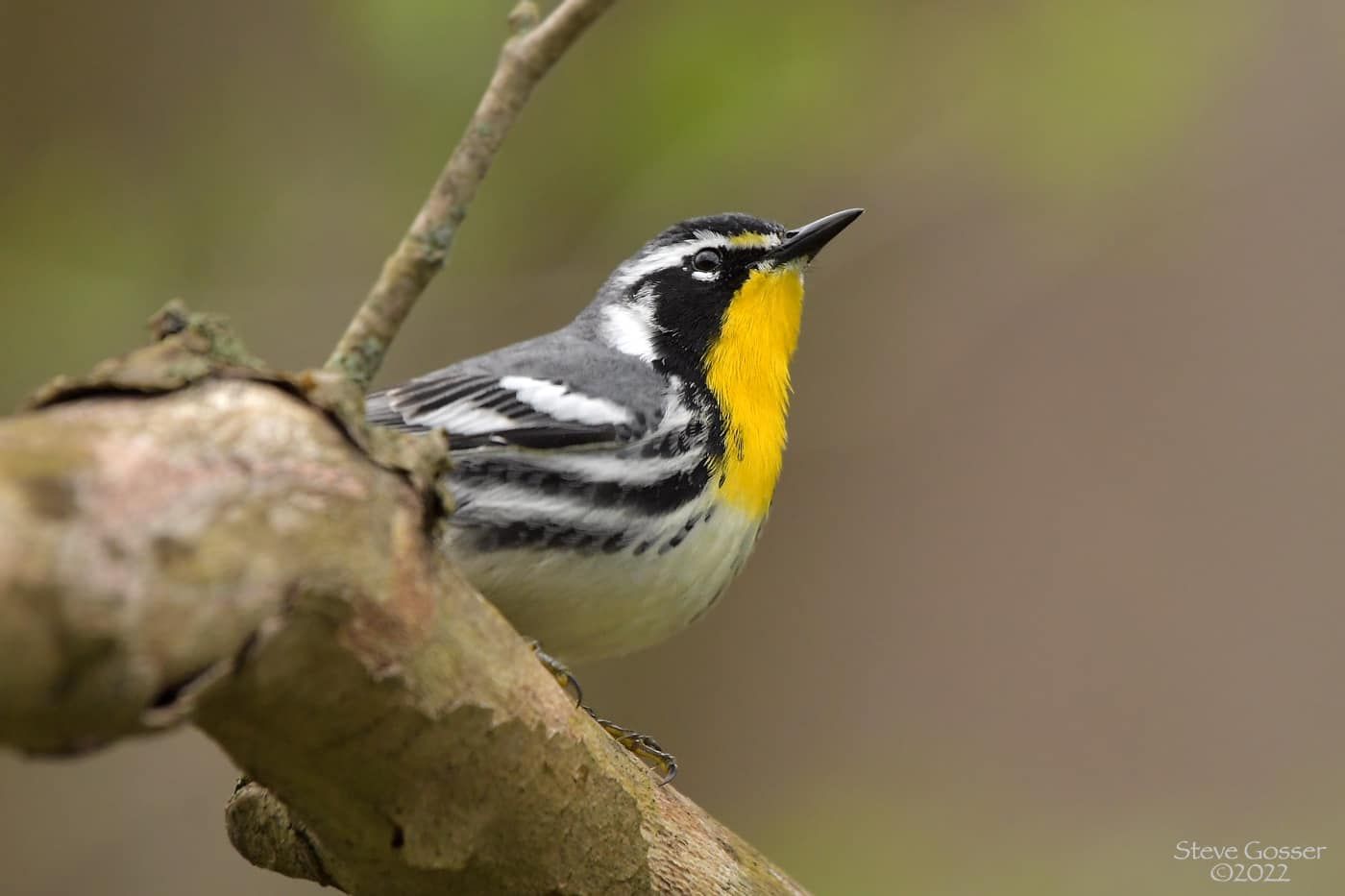PROTECT YOUR DNA WITH QUANTUM TECHNOLOGY
Orgo-Life the new way to the future Advertising by AdpathwayNothing pulls at our heartstrings quite as much as a sad and suffering animal. We instinctively want to help, to comfort. Perhaps we relate so strongly because we have a tendency to anthropomorphise animals at every opportunity. We feel joy at a wagging dog because we feel its happiness. We feel pain when seeing an injured animal. But is this the real situation? Do animals really feel joy and sadness in the same way that we do? If they do, it would certainly be most evident at the loss of a mate or chick, and we have all seen videos of sad-looking animals when separated from their family.
 Photo by Phil Mitchell
Photo by Phil MitchellThe Grief Response
Observing a bird’s reaction to the death of a mate or chick can be a deeply moving and heartbreaking experience for humans, often leading us to conclude that birds grieve. While we can’t definitively measure a bird’s inner emotional state in the way we can for a human, a growing body of scientific evidence and countless anecdotal accounts suggest that many species of birds do, in fact, experience something akin to grief. Their responses are often prolonged and show significant behavioral changes, moving beyond a simple instinctual reaction.
For highly social and monogamous species, the death of a partner is a particularly devastating event. These birds, which form strong, lasting pair bonds, often exhibit signs of distress that closely mirror human mourning.
The Grief of a Lost Mate
Many bird species exhibit a high degree of monogamy, forming strong pair bonds that can last for a single breeding season or for life. This behavior is believed to have evolved because, in these species, the young have a much greater chance of survival if both parents cooperate in raising them.
In such cases, the loss of a partner can lead to profound and visible changes in behavior. One of the most famous examples of this is the Mute Swan. When a mate dies, the surviving swan may spend days or even weeks searching for its partner, flying over their shared territory and calling out. Cases have been documented where a widowed swan appears to lose its will to live, starving itself or being found in a state of deep despair, leading to the popular but scientifically unproven notion of dying of a broken heart.
 Photo by Richard Bartz
Photo by Richard BartzPet birds, particularly parrots and cockatiels, also show signs of mourning when a cage mate or a beloved human dies. They might stop eating, become lethargic, or exhibit a change in vocalization, often making contact calls to search for the missing companion. Some parrots may even begin self-mutilating by plucking their feathers in distress. This is a clear indication that the absence of a bonded companion is causing them intense psychological stress.
Albatrosses are legendary for their fidelity. They spend most of their lives soaring over the open ocean, but they return to the same nesting grounds and the same mate each year. Their long lifespans and the long, elaborate courtship dances they perform to maintain their bond make finding a new partner a significant investment of time and energy. Having both parents available to incubate the single egg and raise the chick is crucial for survival. This is reflected in their strong bond, and hence, the devastation at losing their mate.
 Photo by USFWS
Photo by USFWSA similar phenomenon has been observed in crows and jays, which are known for their advanced social intelligence. When one of a bonded pair dies, the surviving mate may refuse to eat and become withdrawn. In some cases, crows have been documented holding ‘funerals’ for their dead, where a group of birds will gather around the deceased, circling and making calls that sound like wails. This behavior, while not definitive proof of grief, suggests a complex understanding of death and loss within their social structure.
The Sorrow of Lost Chicks
 Photo by Charles J. Sharp
Photo by Charles J. SharpThe bond between a parent bird and its chick is powerful and driven by a strong evolutionary imperative to protect offspring. When a chick dies, the parents’ reaction can be heartbreaking to witness. An osprey mother, for example, may be seen perched above an empty nest after a chick has been taken by a predator, emitting soft, mournful calls and appearing to search for her missing young.
While some scientists argue that this behavior is merely a parent’s confusion, a programmed response to a chick not moving or vocalizing, the prolonged nature of this altered behavior suggests something deeper. A parent will often continue to try and feed or warm a lifeless chick for hours, and the grieving process for the parents can last for days, where they may appear listless and distracted.
In the case of species like the Mourning Dove, their very name reflects the somber cooing sound they make. While this is their standard call, the sound takes on a new, more profound meaning when observed after the death of a nestling. The parents’ behavior in these moments can be a poignant reminder of the universal pain of losing a child.
 Photo by Felipe López Ruiz
Photo by Felipe López RuizWhat is Happening in the Bird Brain?
These many examples of the reaction by a bird to the loss of a mate or chicks clearly show that birds can and do suffer some psychological stress, but is that the same as grief as we know it?
From a biological standpoint, there’s a strong case to be made for avian grief. Birds possess many of the same brain structures, hormones, and neurotransmitters associated with emotions in mammals, including humans. The hippocampus in a bird’s brain, for example, is thought to play a role in processing emotions, similar to its function in mammals. The complex social bonds formed by many bird species, essential for survival, foraging, and raising young, are built on a foundation of emotional connection. The loss of that connection, whether to a mate or a chick, would logically trigger a cascade of psychological and physiological responses.
The key question for scientists isn’t whether birds feel anything after death, but whether their response can be classified as grief in the human sense. Grief is a complex emotional state that involves a sense of loss and an altered mental state. The behavioral changes seen in many birds (including lethargy, loss of appetite, and searching for the lost individual) fit this definition.
 Photo by Radovan Zierik
Photo by Radovan ZierikFinal Thoughts
While a bird might not understand death as an abstract concept, they absolutely understand the loss of a presence, the absence of a companion who was a source of comfort, safety, and cooperation. The resulting emotional turmoil is a profound and very real experience for them, and it’s a powerful reminder of the intricate emotional lives of the creatures we share our world with. Whether we, as humans, classify that as grief is up to us; the effect is just the same.























 English (US) ·
English (US) ·  French (CA) ·
French (CA) ·